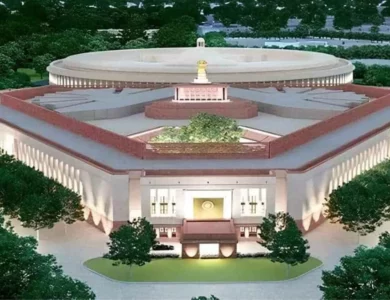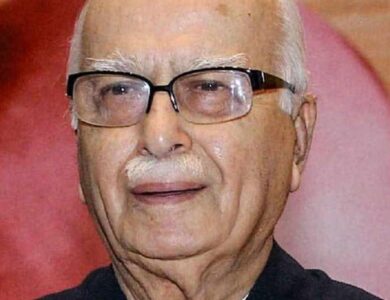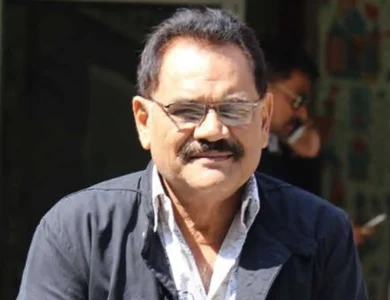Supreme Court Forms Task Force to Ensure Doctor Safety After Kolkata Doctor’s Rape and Murder

New Delhi: In a decisive move to address safety concerns for doctors nationwide, the Supreme Court on Tuesday established a 10-member task force to develop a national safety protocol for medical professionals. This action was spurred by the recent rape and murder of a doctor at R G Kar Medical College in Kolkata on August 9, which ignited widespread protests and disrupted outpatient services across hospitals in India. The Central Bureau of Investigation (CBI) has been directed to submit a status report on their investigation into the murder by August 22.
The Supreme Court, recognizing the urgency of the situation, emphasized that the country cannot wait for another tragedy to occur before taking necessary steps. In light of this, the court urged protesting doctors to resume their duties, assuring them that their concerns were being addressed through the newly constituted task force.
The bench, led by Chief Justice of India D Y Chandrachud and Justices J B Pardiwala and Manoj Misra, has tasked the National Task Force (NTF) with submitting an interim report within three weeks and a final report within two months. The CJI stressed that the safety of women, particularly in the medical profession, is a matter of national importance and requires immediate and enforceable action.
The Supreme Court had taken suo moto cognizance of the brutal crime on Sunday and decided to intervene directly. On Tuesday, the court announced the formation of the NTF, which includes distinguished medical professionals, government officials, and heads of medical associations. The task force’s primary goal is to recommend practical measures to ensure the safety of doctors and medical staff nationwide.
Members of the NTF include Surgeon Vice Admiral R Sarin, Dr. D Nageshwar Reddy, Dr. M Shreenivas, Dr. Pratima Murty, Dr. Goverdhan Dutt Puri, Dr. Saumitra Rawat, Prof. Anita Saxena, Prof. Pallavi Sapre, and Dr. Padma Srivastava. Ex-officio members include the Cabinet Secretary, Home Secretary, Health Secretary, the Chairperson of the National Medical Commission, and the President of the National Board of Examiners.
The Supreme Court also highlighted the increasing vulnerability of medical professionals, particularly women, to violence. The CJI underscored the need for immediate action to ensure their safety, suggesting that resident doctors in both public and private medical colleges, as well as those in government hospitals, be officially recognized as ‘public servants.’
Further recommendations included the mandatory establishment of police outposts within municipal hospital premises, addressing the lack of institutional safety for medical professionals. The court noted the absence of adequate rest facilities for doctors working late-night shifts, as well as substandard hygiene and resting conditions in hospitals.
The court’s directives followed urgent pleas from the Federation of Association of Medical Consultants of India (FAMCI), the Federation of Resident Doctors’ Association (FORDA), and lawyer Vishal Tiwari, who raised serious concerns about the growing violence against healthcare workers, especially in light of the recent incident in Kolkata.







